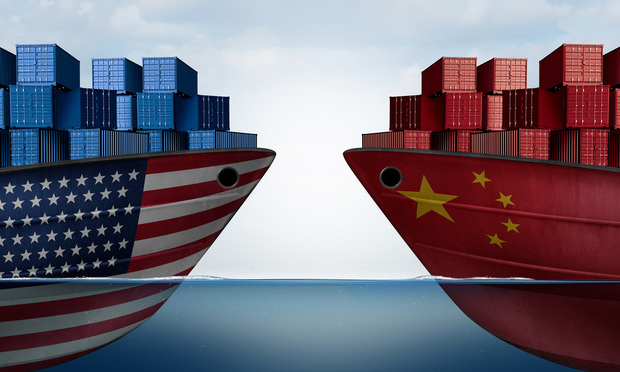Enforcement Uncertain for Phase One Deal
January 22, 2020 | BY
Vincent ChowA breakthrough in the trade war, but how long will it last?
The partial deal signed by China and the United States caps off two years of intense negotiations in "phase one" of the ongoing trade war. The agreement marks the first time since the trade conflict officially began in 2018 that either side has made official pledges on tariffs, agricultural purchases, technology transfers and more. However, doubts remain about how the deal will be enforced, as the agreement does not refer to a third-party to adjudicate potential disputes. Instead, the two countries will police the agreement themselves.
The six-page penultimate chapter of the text, titled "Bilateral Evaluation and Dispute Resolution", sets out the enforcement regime. Where one party believes the other to not be acting in accordance with what has been agreed, they can "suspend 'an obligation under this Agreement or adopt' a remedial measure," after around 90 days of consultations.
This premium content is reserved for
China Law & Practice Subscribers.
A Premium Subscription Provides:
- A database of over 3,000 essential documents including key PRC legislation translated into English
- A choice of newsletters to alert you to changes affecting your business including sector specific updates
- Premium access to the mobile optimized site for timely analysis that guides you through China's ever-changing business environment
Already a subscriber? Log In Now





